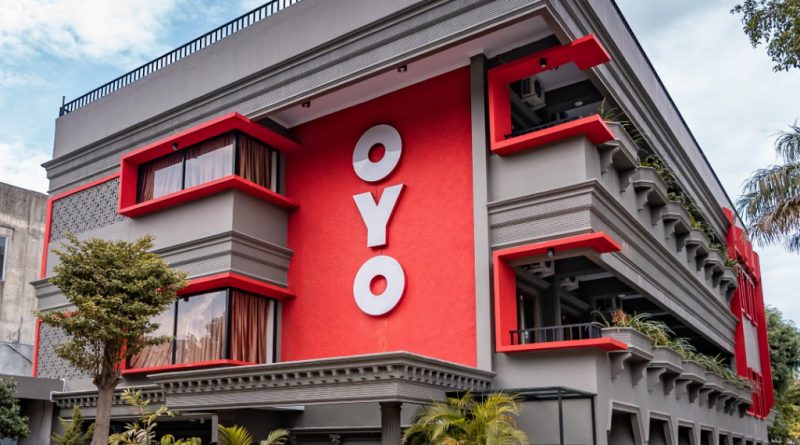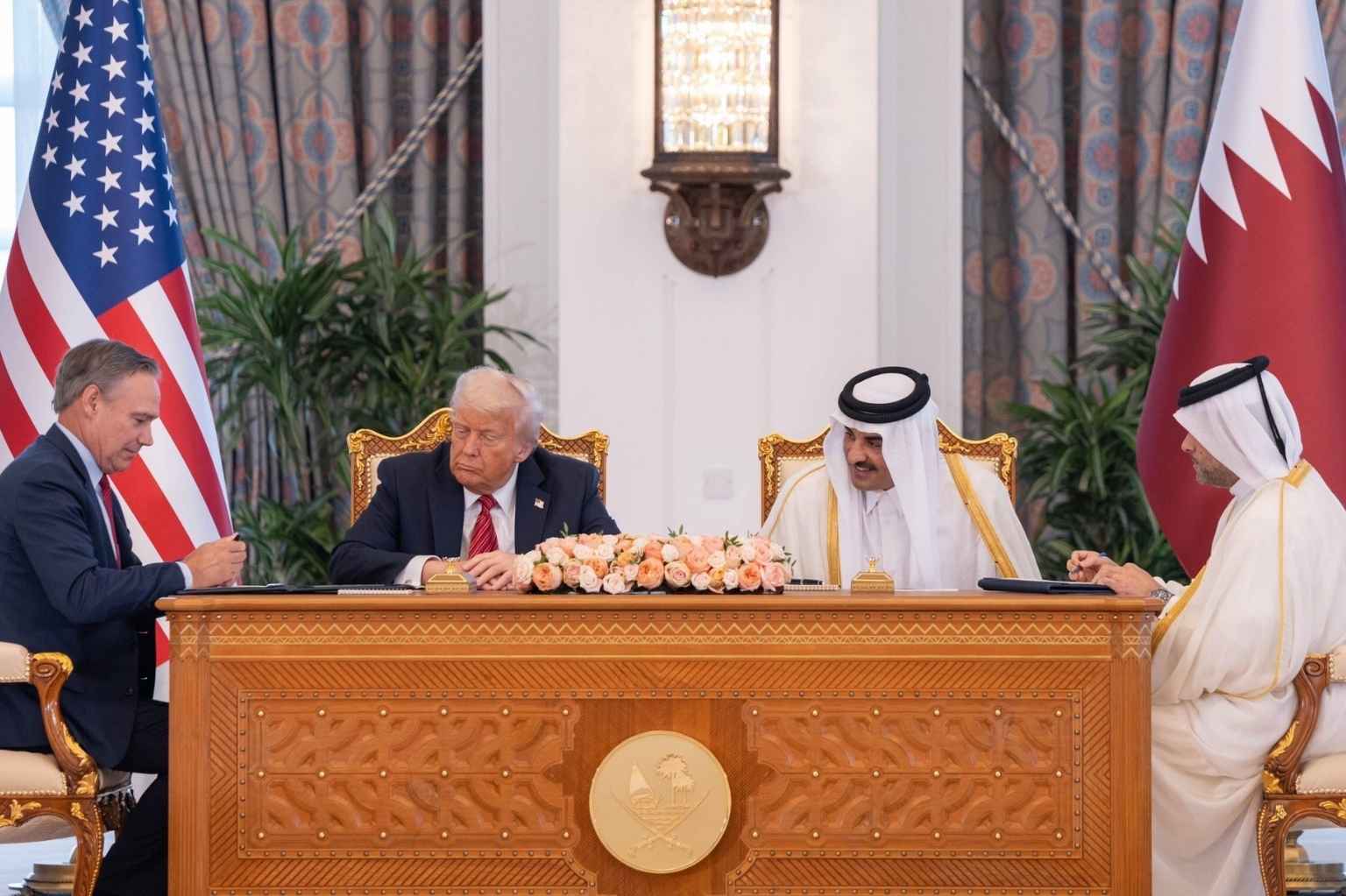OYO Hotels & Homes has come a long way from its start in 2013. What began as a small-budget hotel aggregator in India is now one of the world’s fastest-growing hospitality brands. Despite challenges, OYO continues to expand, innovate, and refine its business model to stay ahead.
Expanding in Key Markets
OYO is doubling down on India’s booming spiritual tourism sector, with plans to add 500 hotels in major pilgrimage destinations like Ayodhya, Varanasi, and Haridwar. The move aligns with the country’s push to improve infrastructure for religious travelers.
Globally, OYO is making a bold push in North America. It recently acquired G6 Hospitality, the parent company of Motel 6 and Studio 6, for $525 million. This deal strengthens OYO’s foothold in the U.S. budget hotel market, expanding its portfolio and revenue potential.
Tech-Driven Hospitality
OYO’s success isn’t just about expansion—it’s about innovation. The company continues to enhance its technology to improve both hotel management and guest experiences:
- OYO OS: A management system that helps hotel partners streamline operations.
- AI-Powered Pricing: Uses machine learning to adjust room rates dynamically.
- Self Check-in via OYO App: Guests can skip the front desk with digital ID verification.
- AI Chatbots for Customer Support: Faster, 24/7 assistance for guests.
By leveraging automation and AI, OYO is making budget stays more efficient and accessible.
IPO on the Horizon
After restructuring to focus on profitability, OYO Hotels & Homes is reviving its IPO plans. Reports suggest early investors, including Lightspeed Venture Partners, may sell part of their stake, valuing OYO at $3.9 billion. The IPO, expected in the next financial year, could provide a fresh capital boost for expansion and tech investments.
Navigating Market Challenges
OYO has had its fair share of challenges, from regulatory hurdles to quality control issues. Recently, a new policy in Meerut, India, requiring unmarried couples to show proof of their relationship before check-in sparked debate. Moves like these highlight the delicate balance OYO must strike between local sensitivities and customer expectations.
The Road Ahead
OYO isn’t just growing—it’s evolving. With a stronger focus on profitability, a major U.S. expansion, and an IPO in sight, the next phase of OYO’s journey will be one to watch. Whether you’re a traveler looking for affordable stays or an investor betting on the future of hospitality, OYO’s story is far from over.
Feature image by PR Newswire








